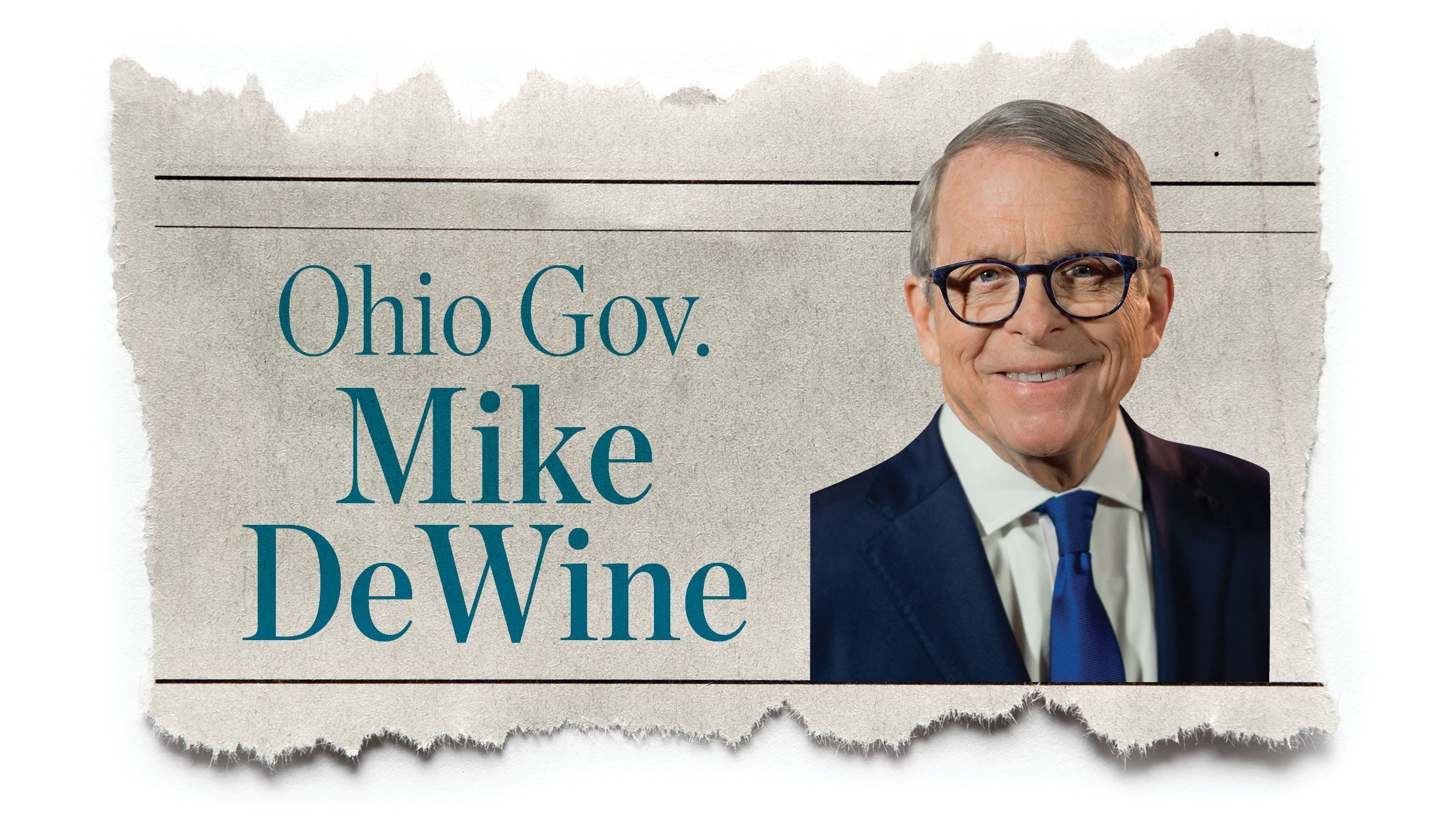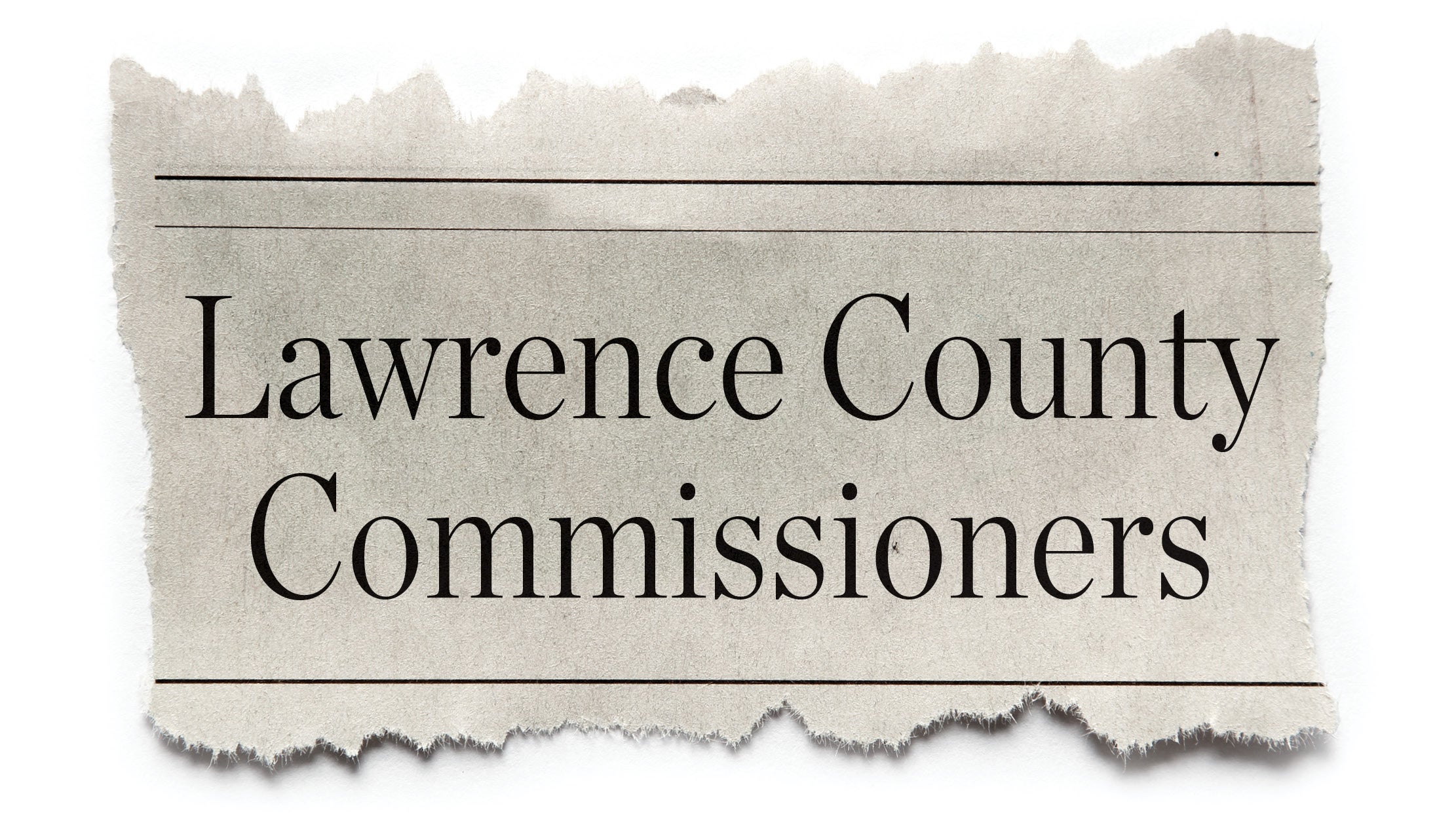Auditor’s office clarifies info on tax values: Changes were due to state mandate; Office can not set rates
Published 7:59 am Saturday, March 14, 2020
Many people in Lawrence County have been inquiring about a change in property values when paying their taxes for 2020.
A lot of misinformation has been circulating on social media regarding the matter, which Lawrence County auditor Paul David Knipp and chief deputy auditor Chris Kline discussed with The Ironton Tribune this week.
“It wasn’t the tax rates that went up,” Knipp said. “The values did change. Every six years, we have to do a full-blown reappraisal of all the properties in the county. And every third year in between that is the statistical update that happens, and this year was the year for the statistical update.”
Knipp said this is a state requirement, not set by the auditor’s office.
The State of Ohio requires county auditors to perform an appraisal of every parcel of property in the County every six years in order to determine the property value for taxing purposes
“The legislature sets overall laws,” Kline said. “And the Department of Taxation and tax commissioners set the mandates.”
“And what companies we can use,” Knipp said. “We are mandated by law and rules to use a mass appraisal service approved through the tax commissioner’s office. We can’t choose whoever we want.”
Under state law, the auditor can not raise or lower property taxes.
Kline said all parts of must go through this process.
“Each county in Ohio has to do it,” he said. “We’re all on alternating schedule, so it all doesn’t happen at the same time.”
Kline said the value changes are typical every three years.
“The value adjustments happen, depending on the market in the county,” he said.
Knipp said there had been false information circulating that the entire county had a 20 percent increase in values on residential property.
“That’s not the case,” he said. “There were pockets of the county, where, based on statistics, the values increased 20 percent. (Previous auditor) Jason Stephens and the auditor’s office put a cap on it, and the cap was at 20 percent. So nobody in the county took more than 20 percent increase res property.”
They said Lawrence County’s value changes were not as high as other counties in the state.
“There were parts of the state where auditors office did not put a cap that are seeing 30-40 percent increases in value — all generated on the market and what they’re doing,” Knipp said.
According to a statement on the auditor’s website, the areas of the county most affected include areas of Elizabeth, Fayette, Perry, Rome, Union, and Windsor townships; the villages of Chesapeake, Coal Grove and South Point; two neighborhoods in Ironton and a subdivision that is partially in Hamilton Township and partially in the Village of Hanging Rock.
Knipp and Kline said anyone with questions can contact the auditor’s office.





